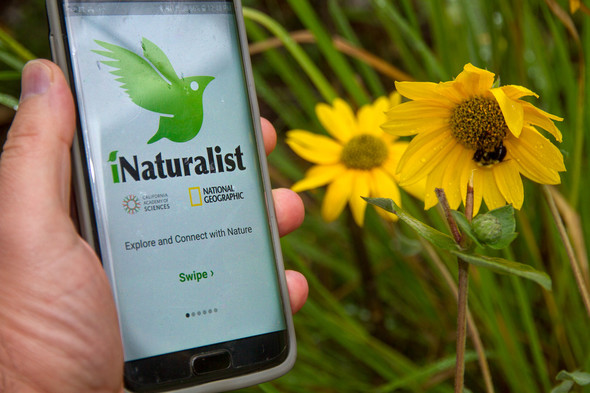Like any holiday, we get excited about Earth Day every year. Environmental groups and agencies sponsor educational events and hands-on activities, like planting trees, picking up trash, or removing invasive species. We feel better about contributing to the overall goal of demonstrating support for environmental protection. Then we settle in, until next year.
But the planet never stops. Trash is rapidly replaced where we just removed it. Trees are frankly better planted other times of the year. Invasive species never cease their assault on our native communities. These actions and more are needed year-round. Earth Day needs to be every day. Here is how you can make it happen.
There are two parts to this plan of action to make Earth Day in our lives year-round. The first is easy enough. What are the environmentally friendly actions that you are already doing? Do you recycle or compost? Do you carry your own reusable drink bottle or coffee cup with you when you leave the house? Do you really need printed receipts? All of these are good examples of “reduce”, “reuse” and “recycle”, right?
Can you do more? I suspect you can add a few more “r’s” year-round. Many businesses, for example, now ask if you want to skip the receipt or get it via email. I rarely ask for or get a printed receipt for the many things I purchase regularly, like gas and coffee from my favorite places.
The second part of making Earth Day year-round takes a bit more attention and planning. As a practitioner of hands-on habitat restoration, Earth Day is not the ideal time for removing and treating invasive plants or planting native ones. Invasive plants can be physically removed anytime, and there are more opportunities to do so than can possibly be done on Earth Day. Likewise, planting is best done between December and March.
Environmental groups that are engaged in planting natives or removing invasives are always looking for volunteers, but not always in April. Stay in touch with them and answer their calls for help. State and federal agencies ask those of us that use the outdoors (fishing and boating) to watch out for invasive plants (giant Salvina) and animals (Apple Snails) or for threatened and endangered species. We can take direct actions, like removing invasive snails, and report on where they were found.
Want more to do? How about helping inventory the living elements of our world. The easy-to-use and free iNaturalist app has become an invaluable tool for researchers worldwide. You do not need to be an expert to use it. Best of all, by using it you learn what you are seeing and become the eyes and ears of researchers dedicated to understanding distribution of organisms and biodiversity. If you want to really help the Earth, these actions can and should be on your “to do” list year-round. Make them habits!

But alas, I often hear the following – “Yeah, but I am only one person and cannot really make a difference”. I call … you know! Think of yourself as a single ant in the larger collective of ants. And we know how ants, working together as a community, can move mountains.
Let’s make Earth Day the annual “Celebration” of our year-round commitment to our world. I look forward to comparing how many Popcorn Trees I have removed over the next 12 months and how many records I submit through my iNaturalist account. Now that will be a celebration!
Hope to see you in our great outdoors!